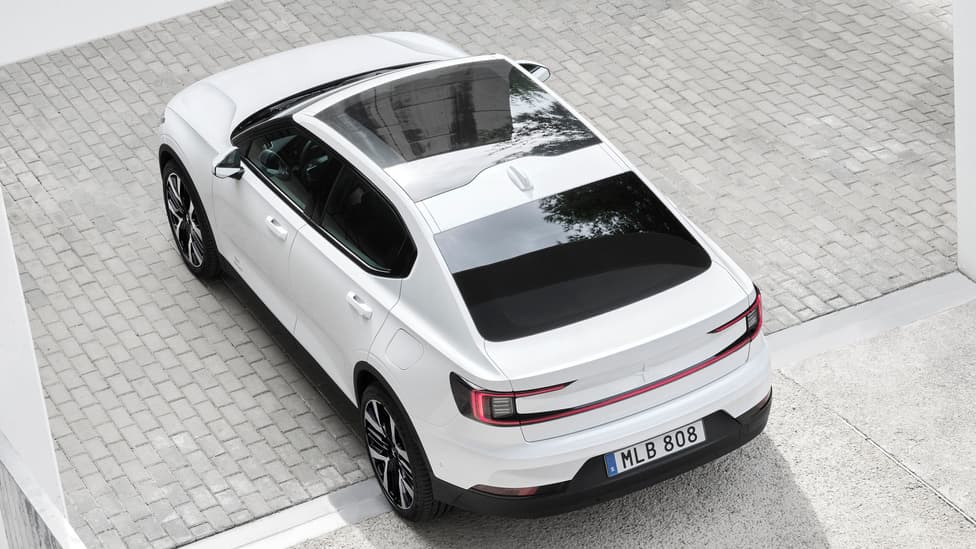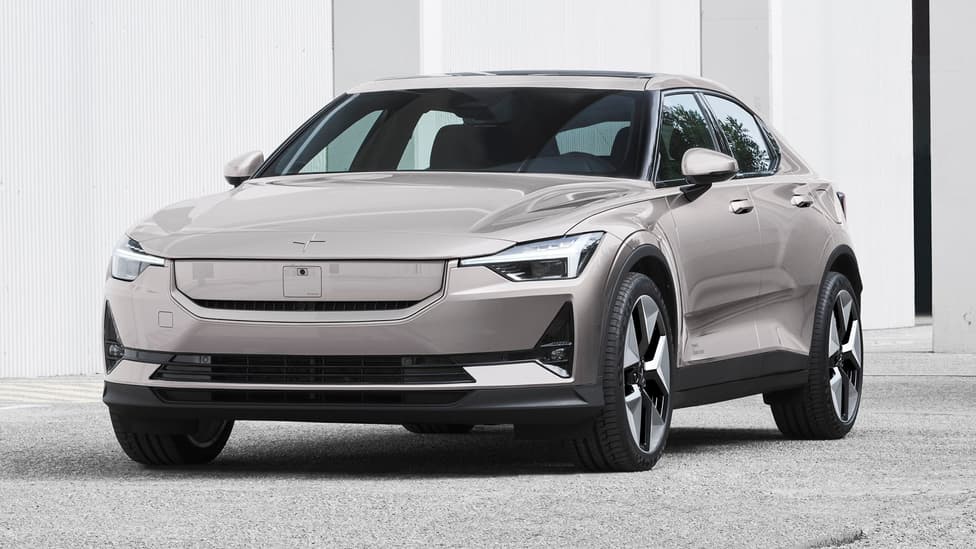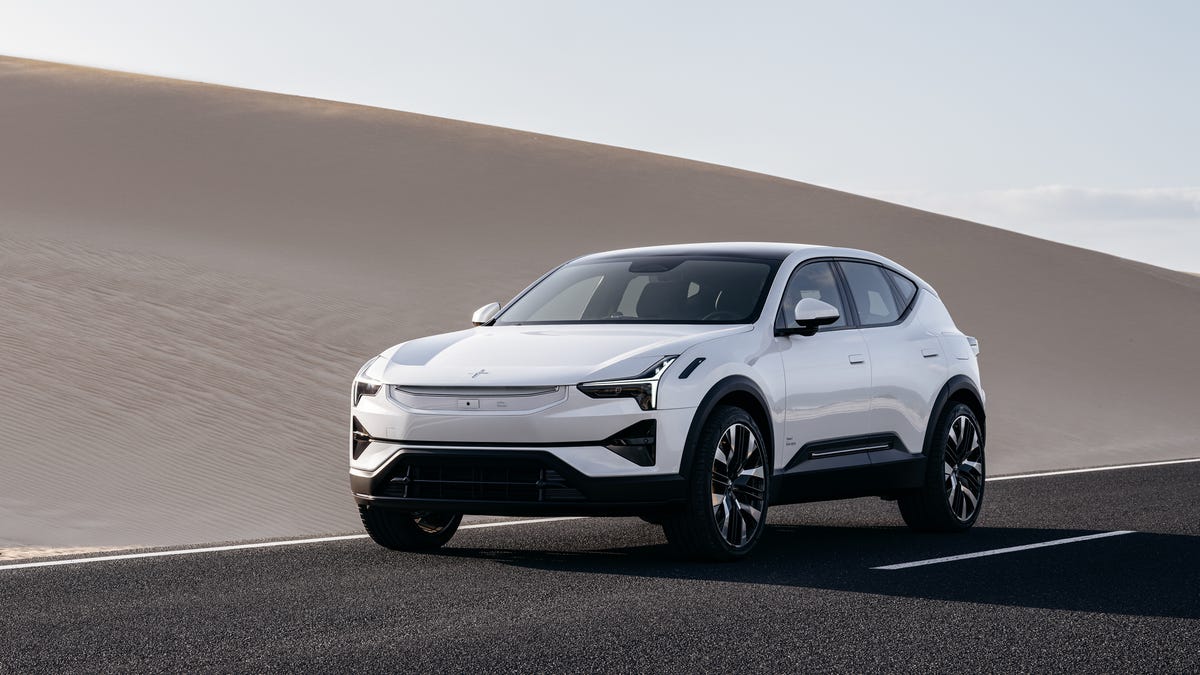Polestar has strengthened its financial position in Q4 as it heads into an exciting year with the launch of two new EVs. The company’s Q4 earnings and full-year 2022 earnings results, released on March 2, show that Polestar is outperforming most upcoming EV makers, with a reduction in losses and increasing revenues.
The Swedish automaker, which beat its delivery goal and delivered 51,491 cars in 2022, reported revenue of $2.5 billion, up 84% from 2021, and exceeding Wall Street expectations of $2.4 billion. More importantly, Polestar cut its losses in half last year, with a net loss of $465 million compared to over $1 billion in 2021. Polestar attributed the higher gross profit of $118.5 million to rising Polestar 2 sales and lower fixed manufacturing costs.
See also: Polestar Aims to Sell 80,000 Electric Vehicles in 2023 Following Record Sales in 2022

In Q4, Polestar’s revenue swelled to $985.2 million, driven by its first fully electric car. The company finished the year with nearly $1 billion in liquidity, as it plans to expand its presence globally. Polestar aims to deliver 80,000 vehicles in 2023, a 60% increase from the previous year.
CEO Thomas Ingenlath is optimistic about the momentum, stating that Polestar is entering an exciting year ahead in 2023. The company recently launched a major update to the Polestar 2, with a new high-tech front end, more powerful electric motors and batteries, and additional rear-wheel-drive. Additionally, Polestar is expanding its brand globally, with a focus on the US market. Ingenlath noted that Polestar has an advantage over other upcoming EV makers like Rivian, with the agility of a startup and the stability of established players from parent companies Volvo and Geely.
See also: Polestar 4 Spotted in Testing as Mid-sized Electric SUV Rivaling Tesla Model Y and Porsche Macan
Unlike other startups that are building new and costly EV manufacturing plants, Polestar can convert existing factories, such as the one opened by Volvo in Ridgeville, SC, where the Polestar 3 will be built. The Polestar 3, the company’s first electric SUV, debuted in October, with over 300 miles of range, and is expected to play a key role in expanding the Polestar brand.
 In addition, Polestar is launching an electric performance SUV coupe this year, the Polestar 4, which will compete with top EVs in the segment, such as the Tesla Model Y. Next year, the company plans to follow up with an electric performance 4-door GT, the Polestar 5.
In addition, Polestar is launching an electric performance SUV coupe this year, the Polestar 4, which will compete with top EVs in the segment, such as the Tesla Model Y. Next year, the company plans to follow up with an electric performance 4-door GT, the Polestar 5.
See also: Polestar and Luminar Expand Partnership for LiDAR Integration in Future EV, Including Polestar 5
Following its Q4 release, Polestar’s stock rose over 20%, after falling over 50% in the past 12 months as investors digest the news. While you may not see as many Polestar vehicles in the US as brands like Rivian or Lucid, the company is building its brand globally and expanding its EV offerings to compete with the industry’s top players. Polestar’s agility and innovative approach to EV manufacturing, combined with the support of established parent companies, put the automaker in a unique position to succeed in the rapidly growing EV market.




